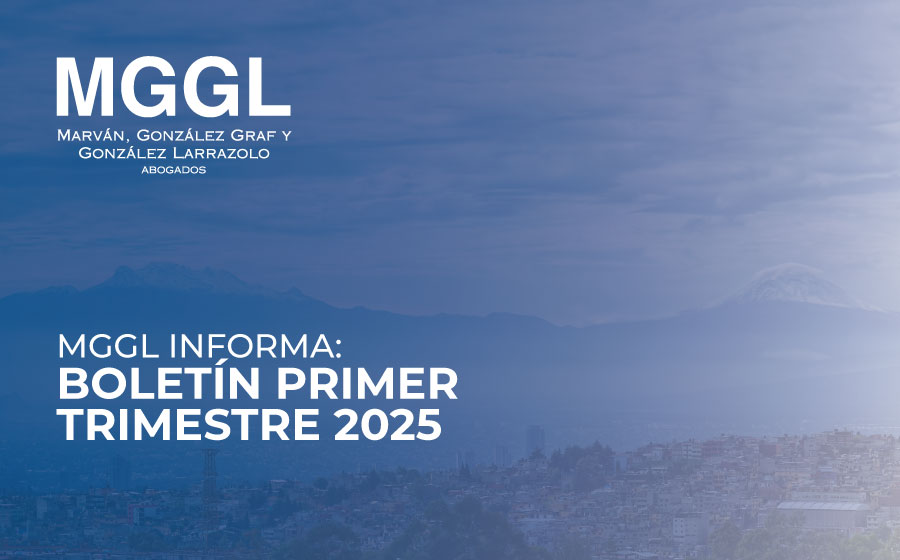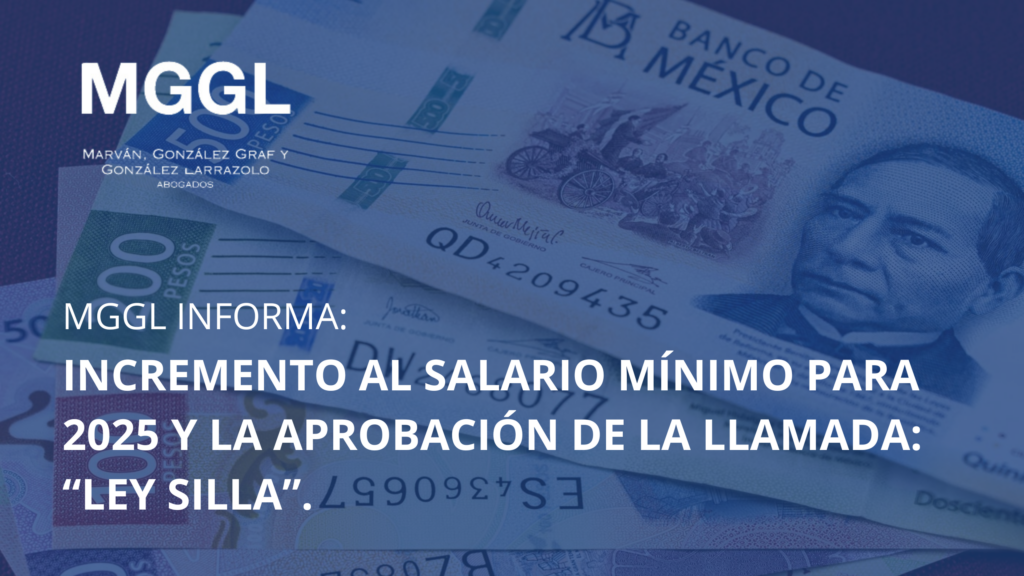IMPACT OF THE CORONAVIRUS PANDEMIC (COVID-19) ON THE WORK ENVIRONMENT
On March 24, 2020, the AGREEMENT establishing the preventive measures to be implemented for the mitigation and control of the health risks implied by the SARS-CoV2 virus (COVID-19) was published in the Federal Official Gazette and entered into force, as well as the DECREE by which it is sanctioned.
The Agreement is neither clear nor precise and the Executive has omitted to make an express and extraordinary declaration regarding the health contingency, seeking continuity to the country's economic activity. However, the Agreement established the preventive measures that the public, private and social sectors must put into practice, mainly in accordance with the following:
i. Avoiding attendance at workplaces, public spaces and other crowded places by adults over 65 years of age and groups of people at risk of developing serious illness and/or dying from it who, where appropriate, shall be granted paid leave with benefits. This risk group includes pregnant or nursing women, children under 5 years of age, people with disabilities, people with chronic non-communicable diseases (people with high blood pressure, lung disease, kidney failure, lupus, cancer, diabetes mellitus, obesity, liver or metabolic failure, heart disease).
ii. School activities at all levels are suspended until April 17, 2020.
iii. The suspension of activities is determined for the period from March 24 to April 19, 2020 in sectors with particular characteristics, but it is not precise or specific to which it refers, since it determines that the suspension will be applicable in those activities that involve the physical concentration, transit or movement of people, determining the following particularities:
Federal Public Administration agencies and entities and social and private sector organizations must implement plans that guarantee the continuity of operations for the fulfillment of their essential functions related to the mitigation and control of the health risks implied by the COVID-19.
In the private sector, the companies, businesses, commercial establishments and all those that are necessary to face the contingency will continue working, including hospitals, clinics, pharmacies, laboratories, medical services, financial services, telecommunications, the media, hotel and restaurant services, gas stations, markets, supermarkets, miscellaneous, transportation services and gas distribution, as long as they do not correspond to closed spaces with agglomerations.
In view of the foregoing, for those companies that continue operating, or modify their activities, either by reducing the work to essential services or by working at home, during the referred period, the labor relations will be maintained and applied in accordance with the individual, collective, legal contracts or General Labor Conditions that correspond and with the Federal Labor Law.
For those companies that are in suspension, or that are expressly ordered to suspend their activities as stated in the official state newspapers or gazettes, in terms of Article 4 of the General Health Law1, this agreement must be considered to have been issued by a competent health authority for purposes of Article 427 section VII of the Federal Labor Law, and therefore constitutes a suspension of work without the need for approval or authorization by the Board of Conciliation and Arbitration, suspending the obligations to provide services and pay wages, solely and exclusively for what it does to companies that fall within the suspension cases.
iv. The Agreement also provides for the suspension until further notice from the health authority, mass events and meetings and congregations of more than 100 people, and reiterates the basic measures of hygiene and healthy distance.
During this suspension, workers must continue to be registered with the Mexican Social Security Institute and continue to enjoy social security benefits.
Of course, we cannot fail to observe the lack of clarity when defining the sectors that must suspend work as preventive measures for the mitigation and control of risks, so employers who determine the suspension of their work must sign agreements with workers and/or unions in which they recognize the nature of the cause of the suspension and the wage modality under which the activities are interrupted, regardless of the implementation of any support for the benefit of their workers.
————–
1 Artículo 4o.- Son autoridades sanitarias:
- El Presidente de la República;
- El Consejo de Salubridad General;
- La Secretaría de Salud, y
- Los gobiernos de las entidades federativas, incluyendo el Gobierno del Distrito Federal.




